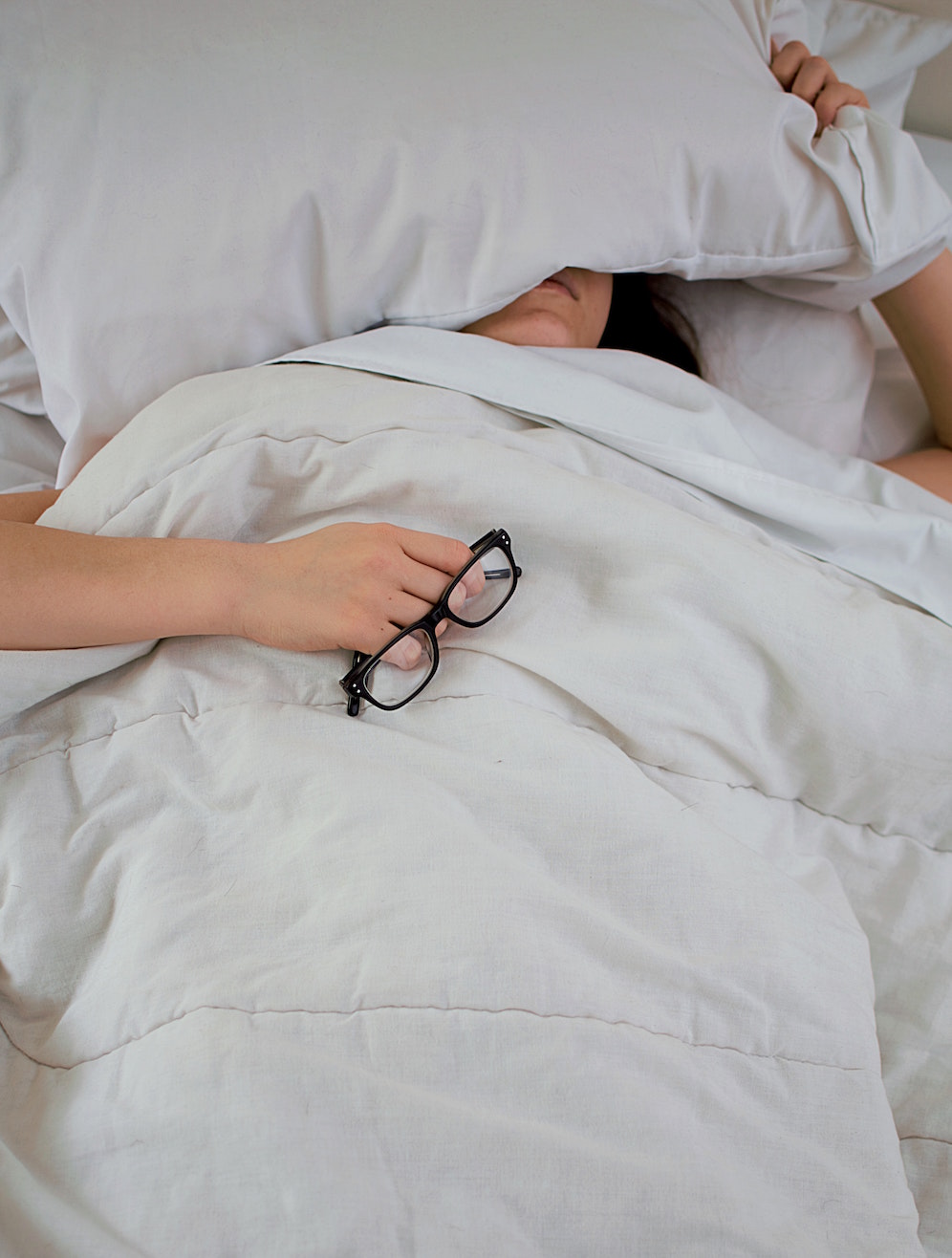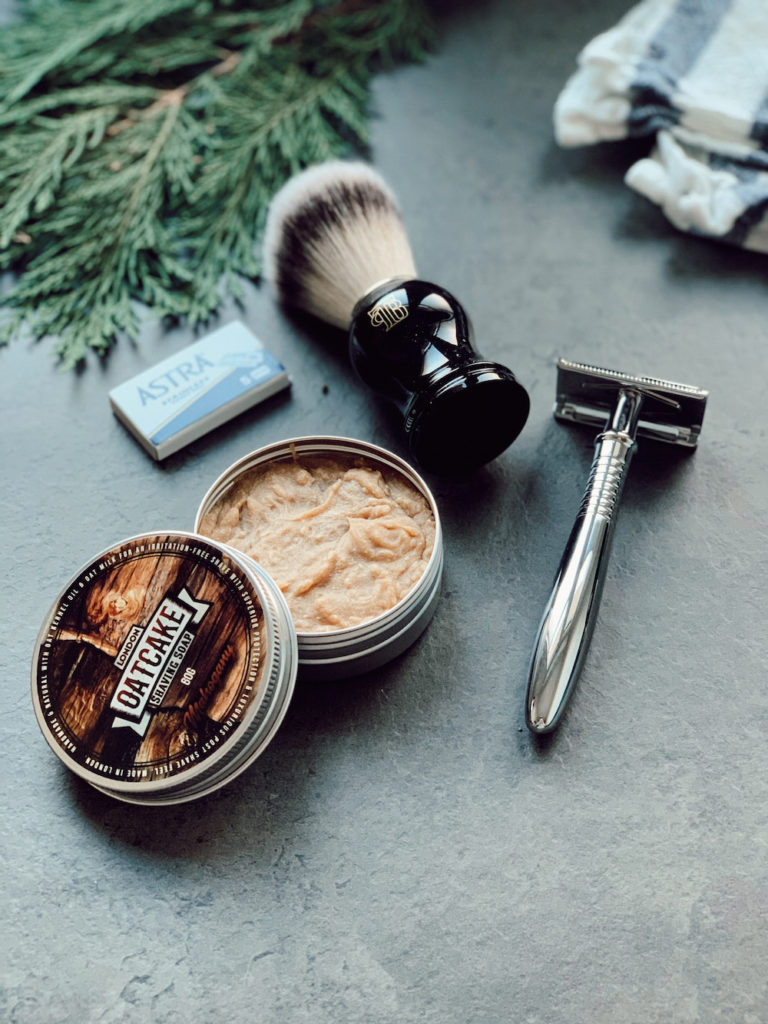Common Sleeping Disorders and How to Deal With Them
There are 24 hours a day and 7 days a week. On average, we should be sleeping roughly 7 – 9 hours a night, which over the period of a week is 56 hours that we should be sleeping. That’s an entire third of our time asleep. However, there are many things that prevent us from being able to slip into slumber, and more often than not it feels as though there is nothing we can do. In many cases, it’s a simple answer to getting back into a routine, but in others, it’s not that simple. Here are some common sleeping disorders with ideas of how you can deal with them.
Insomnia
Insomnia, defined simply, is the inability to sleep. Symptoms include having real difficulty getting to sleep, waking up numerous times in the night and feeling tired during your waking hours. It can be caused by several things, including stress, anxiety, and other mental health issues, but can also be caused by things such as too much caffeine, noise at night, and your sleeping place being too hot or too cold.

When it comes to curing or helping your insomnia, there are a few things you can do before visiting the doctor to go down the medical route. Firstly, you should revise your habits during the day and see if anything might be affecting your sleep. Take yourself out of stressful situations and try to have a wind-down time in the evening before going to sleep, being as relaxed as possible will help your brain switch off. If these don’t work there are plenty of natural remedies to try as well as the medical route.
Sleep Apnea
If you have ever slept next to someone with sleep apnea, you will know it’s a scary thing. It’s where a person temporarily stops breathing during sleep which causes them to wake up, this can happen several times throughout the night. It is, however, a common problem and it is treatable. If you aren’t aware of your sleep apnea then look out for exhaustion during the day, feeling depressed or a lack of productivity, these are all common symptoms. As sleep apnea is a pretty serious and potentially life-threatening disorder, you should consult your doctor as soon as possible if you believe you may be struggling with it.
There are a few things you can do to help yourself with sleep apnea and it’s important to do your research when finding the right option as some may be more beneficial to you than others. You can get mouth guards that you use during your sleep, which help people with mild versions of the disorder and they essentially help keep your airways a little wider. If these don’t work, then you may want to go look into CPAP machines.
Changing your lifestyle can also help with sleep apnea, losing weight, and exercising regularly can be a big help, as can reducing things like drinking alcohol and smoking cigarettes.
Narcolepsy
Narcolepsy is a rare long-term brain condition that causes a person to suddenly fall asleep at any given time. Because of this, our brain is unable to regulate sleeping patterns which can have some adverse effects. Feeling overly sleepy throughout the day, causing difficulty in concentration, and staying awake is very common, but the things that are associated with this condition are sleep attacks. These are where a person will fall asleep suddenly without warning and sometimes lose control of muscles, causing them to collapse, also known as cataplexy.
Fortunately, narcolepsy doesn’t cause serious or long-term physical health problems, but due to the shear stress of coping with such an erratic condition may leave you struggling with the emotional side.
You can visit your doctor for advice on how to reduce the symptoms you go through in daily life, but there is, unfortunately, no cure at the moment for narcolepsy. There are plenty of things you can do to try and mitigate the situation and one of the best ways is to enforce routine and improve your habits. If you know you don’t sleep well you shouldn’t be having anything with caffeine anywhere near the time you are going to bed. It’s also a good idea to exercise in the day as it will wear you out.
Sleep conditions are a nightmare (if you’ll pardon the pun) when it comes to being well-rested and functioning normally. There are so many that can affect us negatively and most of the time it comes down to how we are behaving. Try and get into a proper routine that aids your relaxation and things will eventually fall into place.







